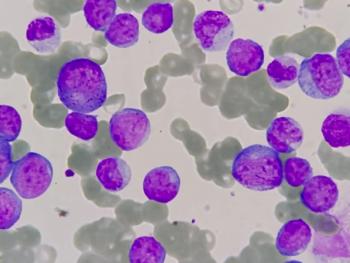
According to the company, the regulatory guidance came after a Type B meeting with the agency and pertains specifically to INB-100 for the treatment of AML.

According to the company, the regulatory guidance came after a Type B meeting with the agency and pertains specifically to INB-100 for the treatment of AML.

Shankar Ramaswamy, MD, the cofounder, chairman, and CEO of Kriya Therapeutics, discussed the company’s goal of bringing gene therapy to a much broader population of patients.
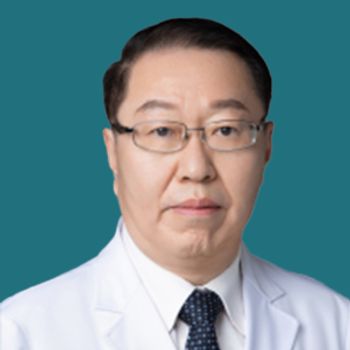
BRG01 is the first cell therapy to move into a phase 2 clinical trial for relapsed/metastatic EBV-positive nasopharyngeal carcinoma in both the US and China.
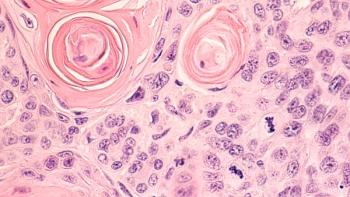
For the 5 patients in long-term follow-up who have been evaluated, the average PFS is 4.8 months (range, 2-8 months).

In light of the FDA’s decision, 4DMT plans to continue enrolling patients in INGLAXA before the end of 2024.

Janice Chen, PhD, the cofounder and chief technology officer of Mammoth Biosciences, discussed the importance of diverse approaches to gene editing to address a variety of indications.
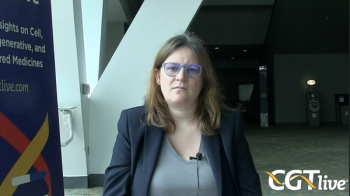
The head of therapeutics at Epic Bio discussed EPI-321, an investigational treatment for facioscapulohumeral muscular dystrophy.
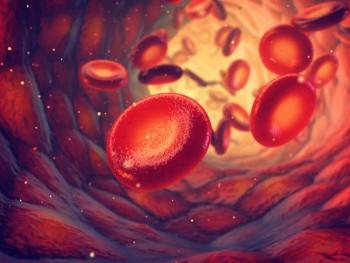
Going forward, the company is mainly focused on distributing the gene therapy in the United States, Germany, and Italy.

Lucas Harrington, PhD, the cofounder and chief scientific officer of Mammoth Biosciences, discussed the company’s mouse model research on treating hypertriglyceridemia.

Catch up on the latest news, breakthroughs, and announcements from biotechnology companies making advancements in cell and gene therapies.

The chief scientific officer of Tome Biosciences also discussed the company’s pipeline for its new technology.
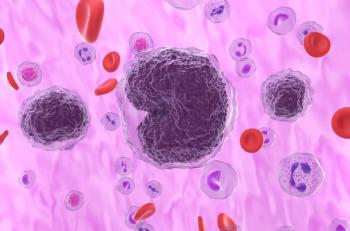
The open-label, multicenter phase 1/2 STARLIGHT-1 study takes the form of a dose escalation trial with a 3+3 design.

Paul Y. Song, MD, the chairman and chief executive officer of NKGen, discussed discussed the new clinical study design for evaluating cell therapy SNK01 in PD.
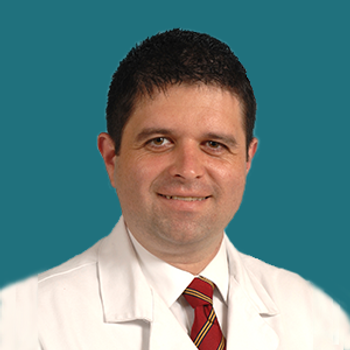
It is the first engineered T-cell therapy to be approved by the FDA for a solid tumor indication.
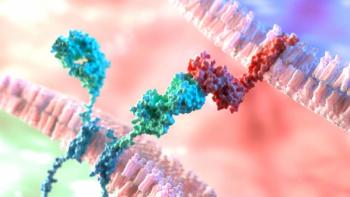
The trial will be open to patients with relapsed/refractory large-B-cell lymphoma and chronic lymphocytic leukemia.

Catch up on the latest news, breakthroughs, and announcements from biotechnology companies making advancements in cell and gene therapies.

Paul Y. Song, MD, the chairman and chief executive officer of NKGen, discussed the mechanism behind the company’s NK cell therapy SNK01 and promising early results in patients with PD.

The program’s cancellation follows a previous announcement that its phase 3 trial had missed its primary end point.
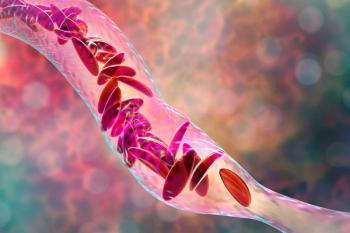
Pending positive outcomes, Actinium plans to later evaluate Iomab-ACT as a conditioning agent for SCD gene therapies.

The chief scientific officer of Tome Biosciences discussed the company’s technologies in the context of integrative gene therapy and cell therapy.

Steve Kanner, PhD, the chief scientific officer of Caribou Biosciences, discussed results from preclinical research evaluating the gene editing approach.
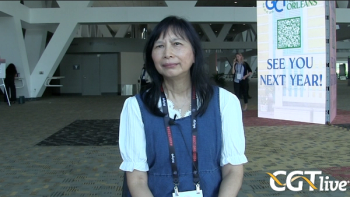
The principal investigator at Seattle Children’s Research Institute discussed her lab’s work on using ultrasound mediated gene delivery to target hemophilia A.
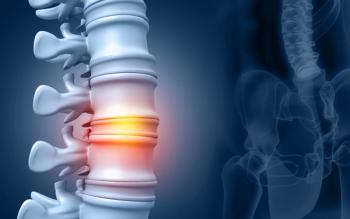
The clearance is based on the agency’s acceptance of clinical trial protocols and a chemistry, manufacturing, and controls clinical development plan for the program.

It was noted that the patient, who is 1 of 6 treated in the study so far, may be showing clinical activity in response to their first dose with the CER-T.

Catch up on the latest news, breakthroughs, and announcements from biotechnology companies making advancements in cell and gene therapies.
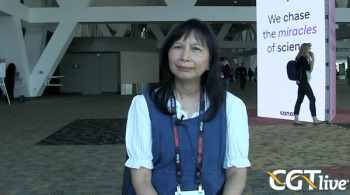
The principal investigator at Seattle Children’s Research Institute discussed her lab’s preclinical research with UMGD for the treatment of hemophilia.
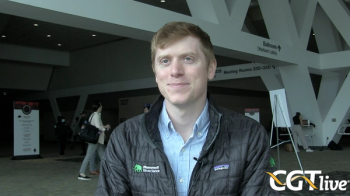
The cofounder and chief scientific officer of Mammoth Biosciences discussed the company’s mouse model research on treating hypertriglyceridemia.

Steve Kanner, PhD, the chief scientific officer of Caribou Biosciences, discussed the company’s platform for genome editing.
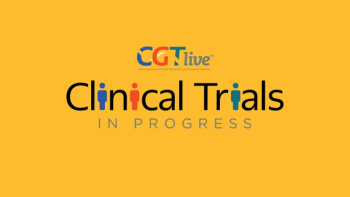
In honor of World Brain Day, observed annually on July 22 by patient and clinician communities, CGTLive is taking a closer look at this ongoing study.

Paul Y. Song, MD, the chairman and chief executive officer of NKGen, discussed the potential of SNK01, the company’s autologous natural killer cell therapy, in treating PD.